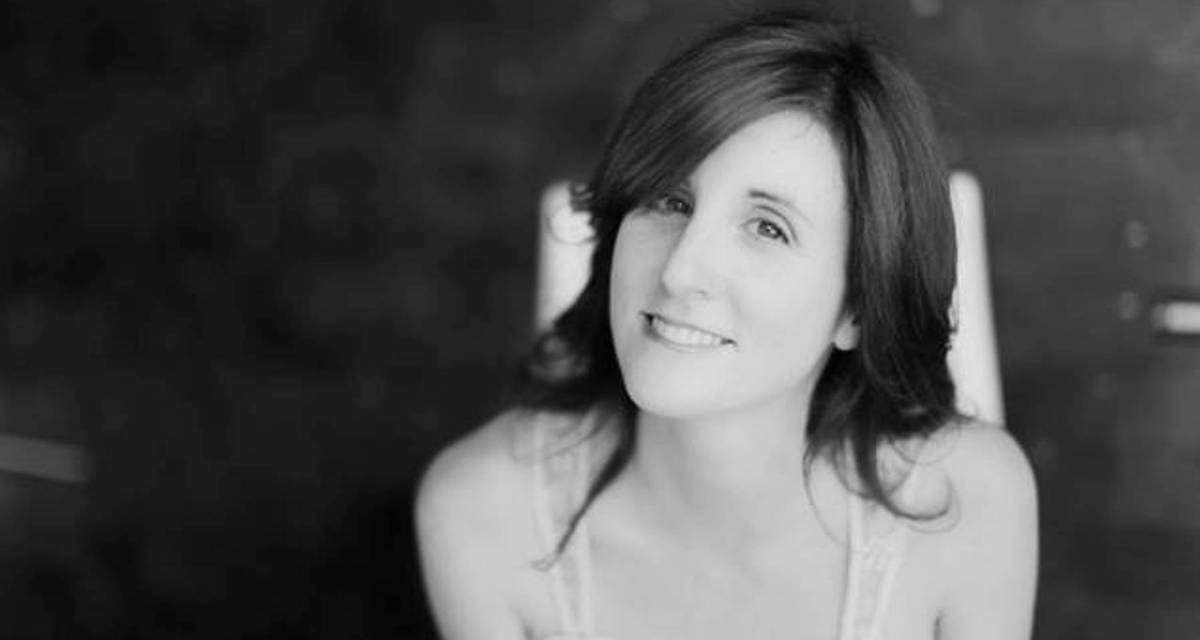Bearing Witness to the Bosnian War Through YA Fiction
Perhaps the greatest challenge that young adult (YA) fiction writer Carrie Arcos ’95 encountered while writing her newest novel, We Are All That’s Left, was authenticity. After all, this is a story about the Bosnian War, and she isn’t Bosnian. But since few novels about this genocide exist, Arcos wanted to bear witness to this tragedy and the people who suffered because of it.
Arcos’ personal connection with Bosnian people—and ultimately her idea for the book—came through volunteering with AmeriCorps in Boston. She spent a year after graduating from Gordon helping resettle refugees fleeing the Bosnian Conflict. Arcos was deeply moved by their stories and experiences. “It opened my worldview,” Arcos reflects. “The experience was very life changing for me.”
Almost two decades later, after launching a career as an author and publishing several books (one of which became a National Book Award finalist), Arcos felt compelled to write about the Bosnian War. But she doubted herself. Could she write about a war she never experienced and a place she’d never been to? Arcos decided to try—after all, this book offered her the chance to tell a real but painful story that hadn’t been told.
“You have to tell the truth on the page,” she asserts. “If you’re going to write outside of your own experience, you have to be careful. You want to make sure that you’re being respectful and as authentic as possible.”
Drawing from her own experience with Bosnian refugees was the first step, followed closely by extensive research. She watched footage of the war, read news clippings online and perused many books, such as The Suitcase: Refugee Voices from Bosnia and Croatia by Julie Mertus.
Still, she felt this wasn’t enough. So, she and her husband took a trip to Sarajevo, one of the cities that was under siege for almost four years—the longest siege in modern warfare, which left almost 10,000 dead.
“As soon as the taxi led us away from the airport, I could see bullet holes in the sides of buildings,” Arcos describes. “There are buildings still not repaired, bullet holes outlining doorways…In the streets, where a mortar fell, the indent looked like a big bear claw.”
The aftermath of the war was visible—as was its impact on the lives of the Bosnian people. As Arcos talked with locals, she was surprised by how present the war is in their lives, even though it had ended 20 years earlier.
“I especially loved listening to a man who had fought in the early days of the siege of Sarajevo. He was very proud of what he did, and his son looked up to him greatly for it,” she says.
Today, We Are All That’s Left is one of the few YA novels about the Bosnian War. The book interweaves the narratives of two fictional Bosnian characters facing very different circumstances. One is a teenage girl, Nadja, living in Bosnia from 1992 to 1994 during the conflict, and the other is Nadja’s daughter, Zara, who is suffering from PTSD in modern-day America. Drawing on multiple stories from her time in Boston and Sarajevo, Arcos’ newest novel speaks authentically about like genocide, terrorism and assault. Despite the weight of these topics, Arcos considers this book—like all of her others—a hopeful story.
“I’m a Christian who’s a writer, and that’s going to permeate in everything I do,” she says. “In all my books the theme is love, and how love conquers all.”
It’s a theme that many can identify with, whether or not they’ve been experienced war or its aftermath. “While readers of We Are All That’s Left may not have been touched by war, through this novel they will encounter similarities between themselves and those living in conflict zones around the world,” says Bosnian War survivor Petra Belkovic Taylor ’03, director of operations for Gordon in Croatia. “They will enter anew the all-human phenomena of love, loss and the instinct to survive.”
Read more about Petra’s story in Stillpoint.
Arcos’ book is available for purchase on Amazon.
By Sydney Cooney ’19, English language and literature
 The Bell
The Bell